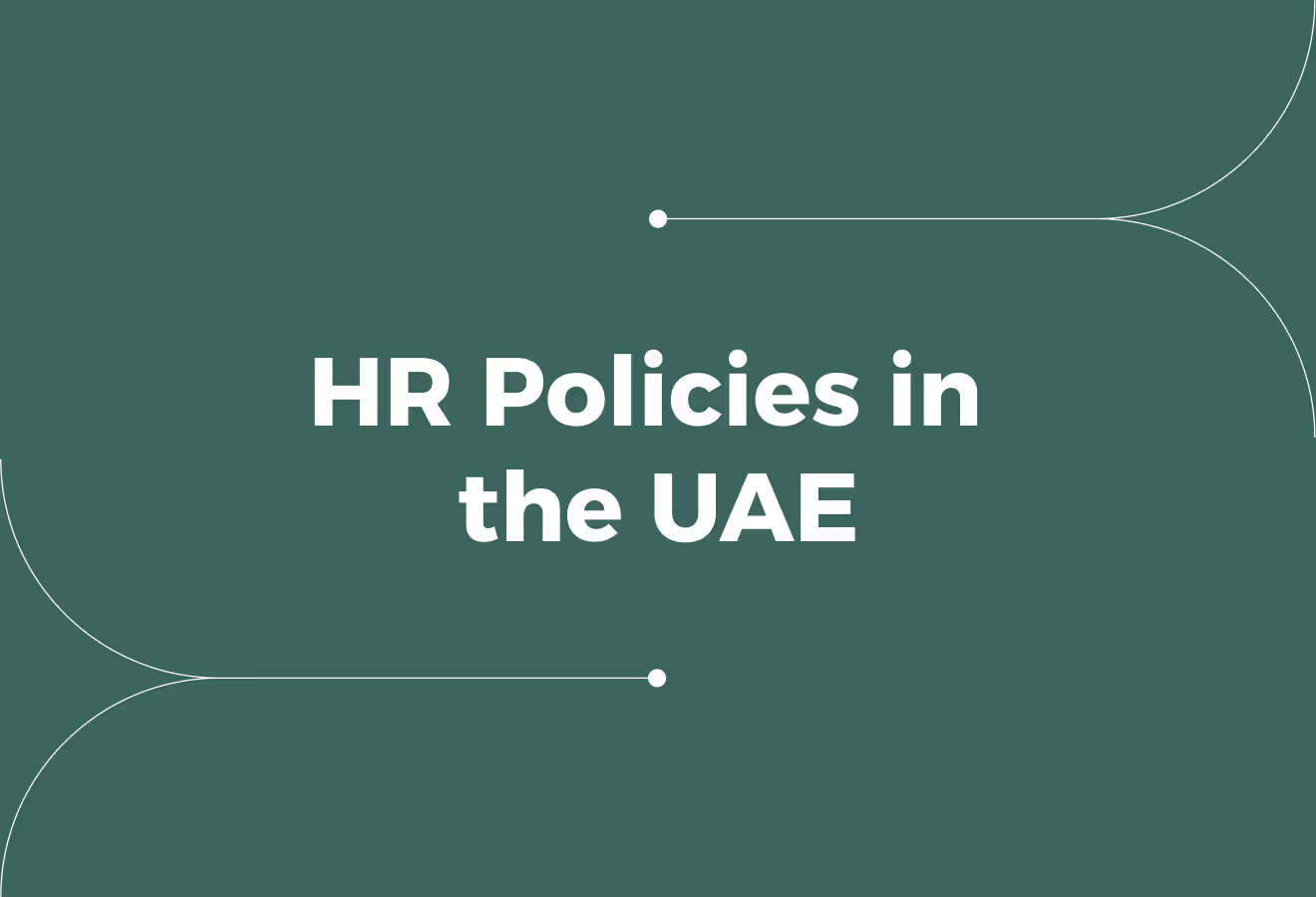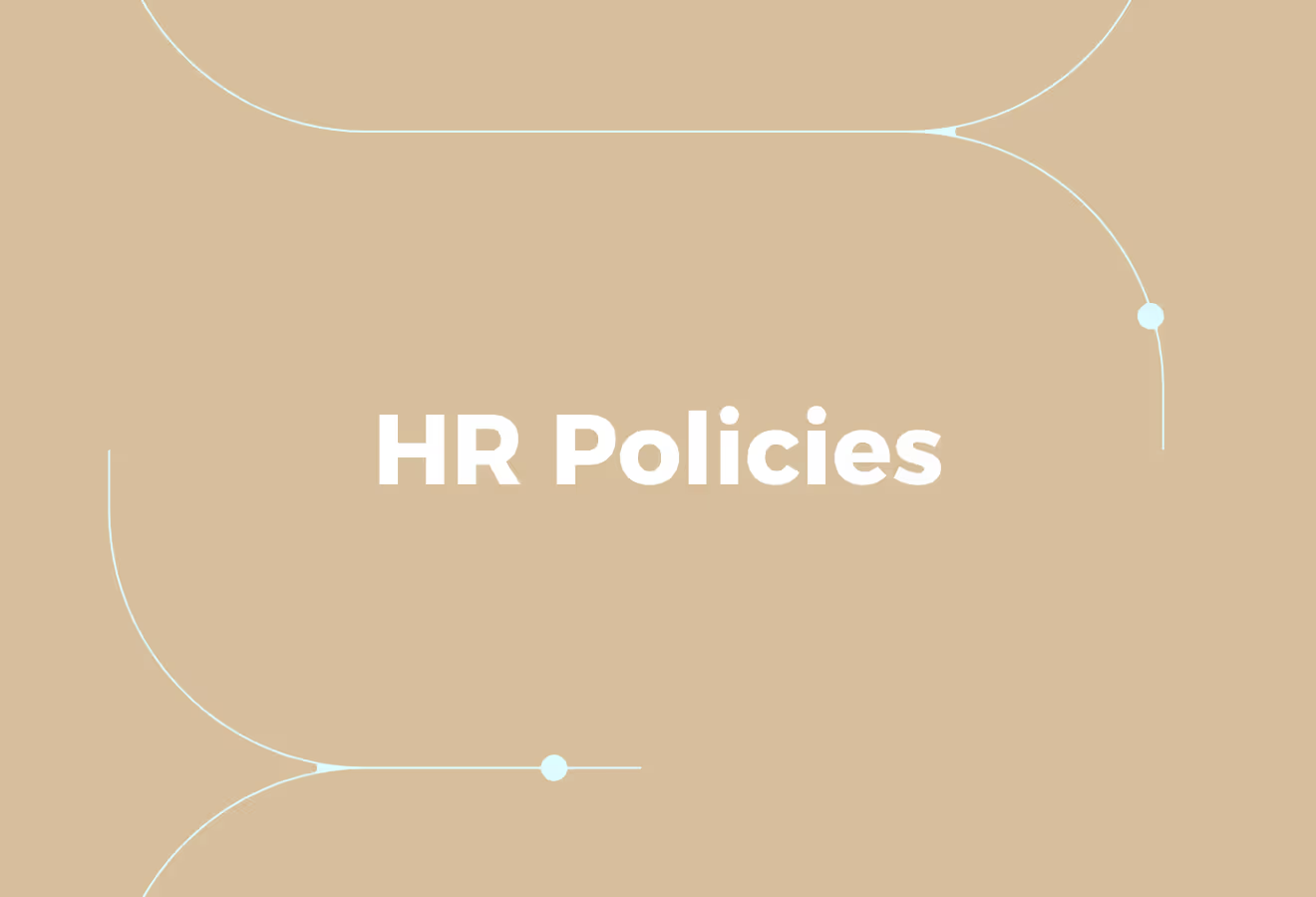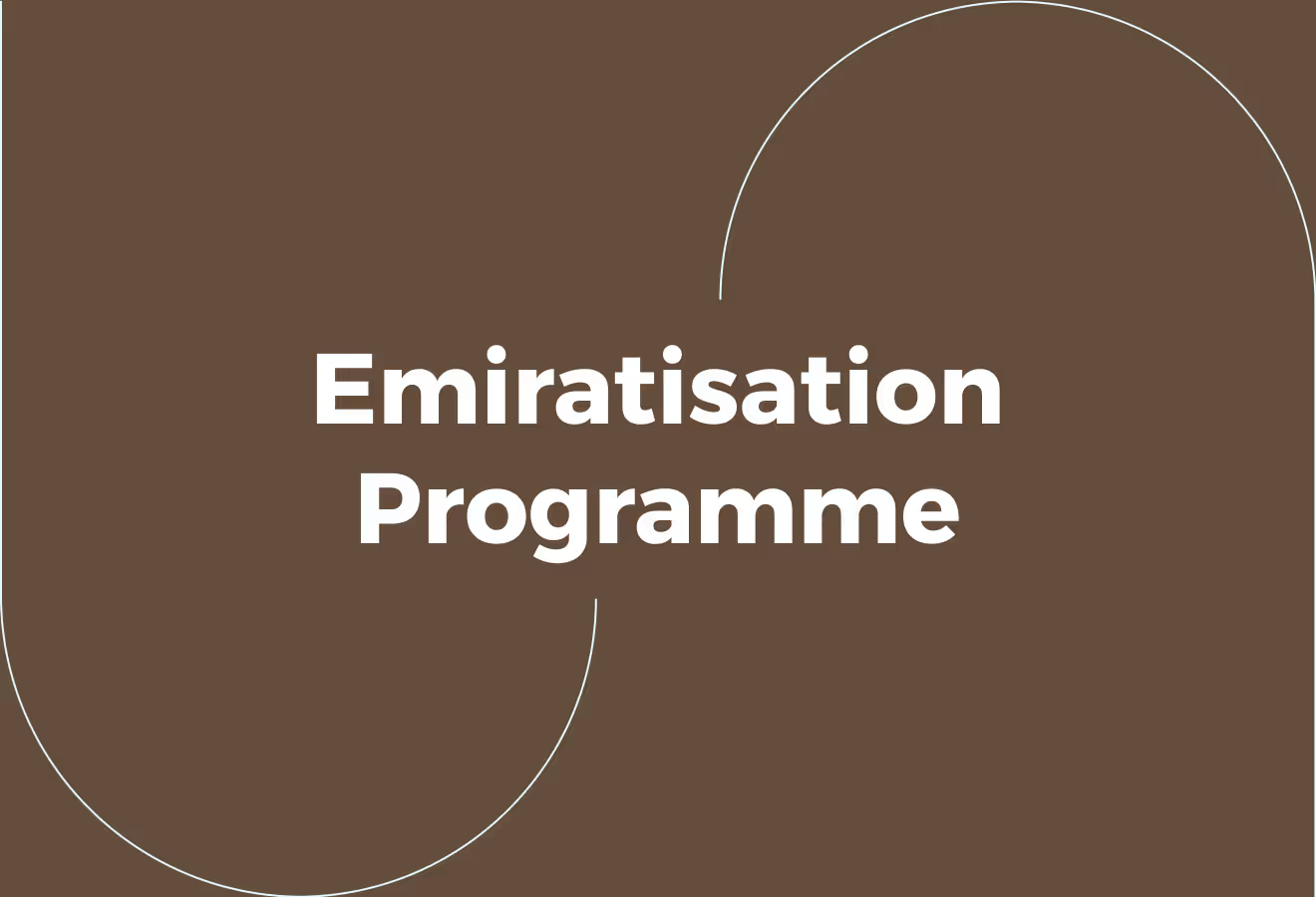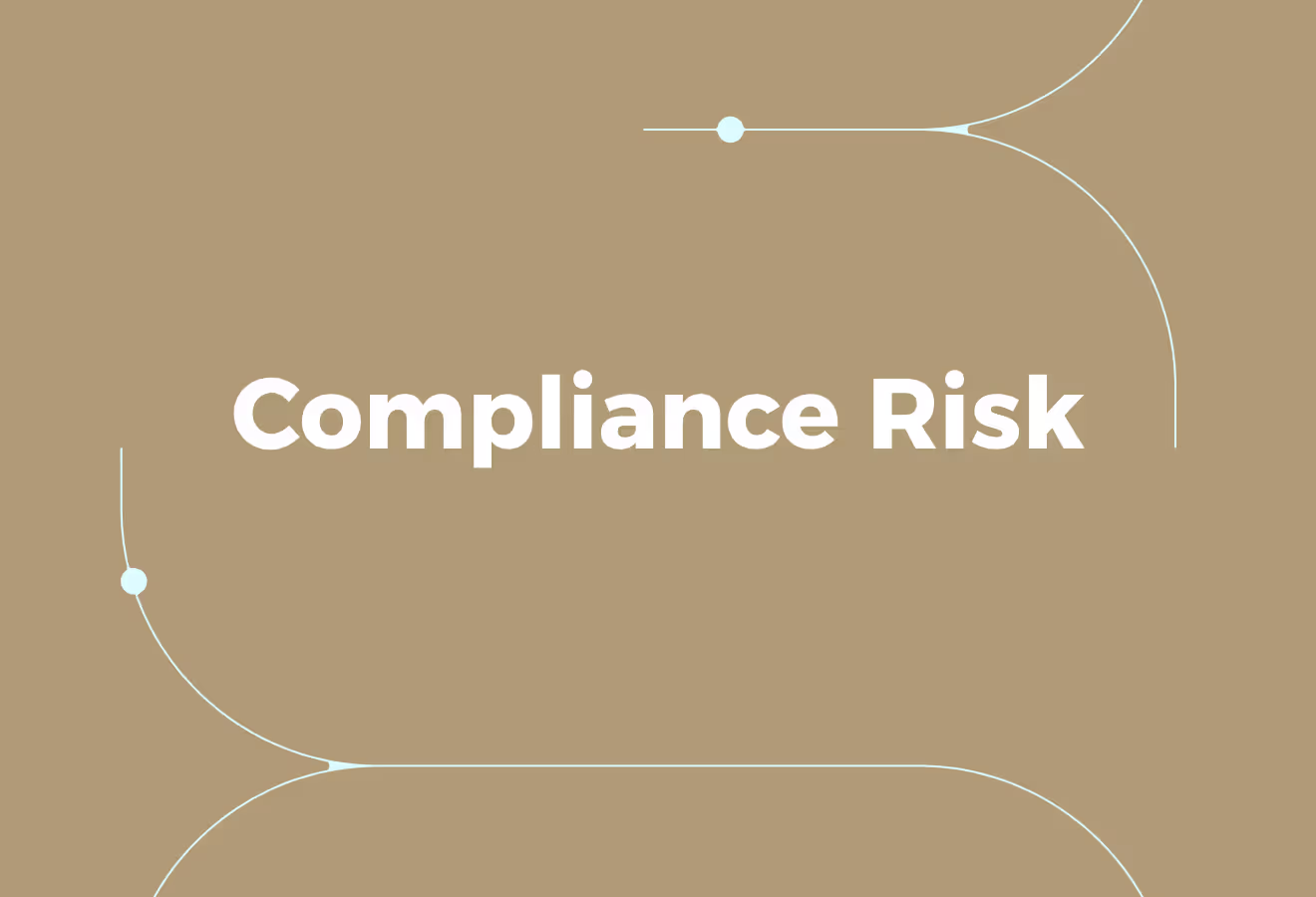HR Policies in the UAE: What Employers Need to Know

When businesses establish a presence in the UAE, they must understand the local employment market. While salary levels are not generally mandated by visa categories, certain free zones and mainland authorities may set minimum salary thresholds for specific visa types, such as investor or managerial roles. These thresholds can influence how employers design compensation packages, particularly for expatriate workers. This article will help you navigate HR policies in the UAE, covering what every employer should know as they prepare to hire local and expatriate talent.
Cercli's global HR system supports businesses in managing their HR policies in the UAE. Our solution facilitates the onboarding of new employees and ensures compliance with local labour laws, including adherence to visa-related requirements such as minimum salary thresholds where applicable. This allows employers to remain compliant while focusing on their core business operations.
HR Policies in the UAE: What Employers Need to Know

HR policies in the UAE must be grounded in the country’s national employment legislation, primarily the UAE Labour Law, which governs the private sector. The current legal basis is Federal Decree Law No. 33 of 2021, as amended by Federal Decree Law No. 20 of 2023.
The Foundation of UAE Employment Practices
These regulations serve as the foundation for employment practices across all private businesses operating in the UAE, encompassing both local and international companies.
This law came into effect on 2 February 2022, repealing the previous legislation (Federal Law No. 8 of 1980). It reflects the UAE’s structured approach to regulating employment relationships, ensuring that both employers and employees are treated fairly and that each party’s rights and responsibilities are clearly defined.
Key Provisions Covered by the Law
The UAE Labour Law provides a comprehensive framework covering a wide range of employment matters, including:
- Working hours and overtime
- Leave entitlements (annual, sick, maternity, paternity, and bereavement)
- Public holidays and official rest days
- Employment of minors
- Occupational health and safety standards
- End-of-service gratuity
- Disciplinary procedures and contract termination
It also addresses wage matters, regulates work injuries, and ensures employees have access to their legal entitlements without undue difficulty.
Shift to Fixed-Term Contracts
One of the most significant changes introduced by the law is the abolition of unlimited employment contracts. Employers are now required to issue fixed-term (limited) contracts, which can be renewed. This shift provides clearer expectations for both parties and enhances legal clarity in the event of disputes.
Recognition of Multiple Work Models
To support labour market flexibility, the law formally recognises various types of work arrangements, including:
- Full-time
- Part-time
- Temporary
- Flexible work
This enables employers to implement HR policies that cater to the diverse needs of their workforce, while ensuring compliance with the law.
Anti-Discrimination and Employee Protection
The law includes explicit provisions prohibiting:
- Discrimination based on:
- Gender
- Race
- Colour
- Religion
- National origin
- Social background
- Disability
- Forced labour
- Harassment, including bullying, physical abuse, and psychological harm
These protections reinforce the importance of fair treatment and respectful conduct in the workplace, which should be reflected in every employer’s internal HR policies.
Who Does the Law Apply To
The UAE Labour Law applies to all employees and employers in the private sector, regardless of whether the employee is a UAE national or an expatriate. There are exceptions.
The law does not apply to:
- Employees of federal or local government entities
- Members of the armed forces, police, and security services
- Domestic workers and related service roles
For employers, ensuring that HR policies are aligned with this legal framework is essential not only for compliance, but also for building a workplace environment that reflects the UAE’s emphasis on:
- Fairness
- Stability
- Professional standards
Related Reading
Core HR Policy Areas for UAE Employers

Recruitment and Local Hiring: Don't Miss the Mark on Emiratisation
Effective HR policies in the UAE focus on the recruitment and hiring of local talent, particularly Emiratis. Compliance with Emiratisation targets is crucial, particularly for companies with over 50 employees. The current target requires a 1% increase in Emirati hires in skilled roles by mid-2025, with a further 1% by the end of the year, as part of the overall 10% Emiratisation goal by 2026.
Implementing Fair and Diverse Hiring Practices
As of 2024, penalties are AED 96,000 per role annually, increasing by AED 12,000 each year until 2026. HR policies should include effective Emiratisation planning to ensure compliance with relevant regulations. This includes developing structured career pathways for Emiratis to help them progress within the organisation.
Diversity and inclusion should be at the core of recruitment policies. This means ensuring recruitment processes are fair and reflective of the UAE’s multicultural workforce. Employers can achieve this by adopting bias mitigation practices, such as structured interviews and inclusive job descriptions. Diversity training should also be provided periodically, especially for hiring managers and HR teams.
Employment Contracts and Onboarding: Complying with UAE Labour Law
Under the current UAE Labour Law, all employment contracts must be issued as fixed-term contracts with a maximum duration of three years. However, these contracts are now automatically renewable and, if structured correctly, can operate much like indefinite contracts. The Ministry of Human Resources and Emiratisation (MOHRE) allows rolling renewals, meaning contracts can be extended multiple times without requiring termination, provided there is mutual agreement between employer and employee.
Ensuring Clarity in Employment Agreements
Given that over 85% of the UAE’s workforce comprises expatriates, employment contracts must be bilingual, Arabic and English, to ensure clarity and avoid disputes.
HR policies should also include details regarding the:
- Job title
- Duties
- Compensation structure
- Working hours
- Entitlements
- Any specifics relating to arrangements, such as:
- Remote
- Flexible
- Part-time arrangements
This level of detail helps ensure compliance and alignment with employee expectations from day one.
Compensation, Benefits, and Working Conditions: Setting the Right Expectations
Transparency is key when it comes to compensation and benefits. HR policies should outline a clear salary structure that distinguishes between the basic salary and additional allowances for:
- Housing
- Transport
- Utilities
- Other living costs
This breakdown is significant for expatriate recruitment and retention.
The UAE mandates:
- Health insurance
- Annual leave
- Sick leave
- Maternity
- Parental leave
- End-of-service gratuity
Employers may also choose to offer enhanced packages, such as education support or wellness allowances, depending on business needs and competitive positioning.
Employee Relations and Conduct: Establishing a Clear Code of Conduct
In a multicultural working environment, establishing a clear code of conduct is vital. HR policies should include a detailed code of conduct that addresses professional behaviour, respect for diversity, and observance of cultural and religious norms.
Employers should establish a formalised grievance handling mechanism. This will help ensure fair treatment and offer protection against retaliation. Documentation, confidentiality, and adherence to procedural fairness are critical.
Performance Management and Development: Promoting Employee Engagement
Policies should define how performance is assessed, including the criteria for:
- Promotions
- Incentives
- Development opportunities
Consistency and transparency in reviews help build trust and employee engagement.
Employers are encouraged to offer training and upskilling opportunities to support long-term retention and professional growth. Learning initiatives can also support Emiratisation efforts by equipping UAE nationals with role-specific competencies.
Flexible Work and Leave Policies: Embracing Hybrid Work Models
Flexible work models are formally recognised under Cabinet Resolution No. 1 of 2022, giving employers and employees more options in how work is structured. These models include:
- Remote work
- Part-time arrangements
- Job-sharing
Where such models are used, contracts must clearly define:
- Work hours
- Deliverables
- Data security requirements
- KPIs
Alongside flexible work, policies should also reflect the full range of statutory leave entitlements under the UAE Labour Law, including:
- Annual leave
- Sick leave
- Maternity leave
- Parental leave
- Bereavement leave
These entitlements have been updated in recent years and should be reviewed regularly to ensure compliance with current legislation.
Termination and End-of-Service: Following Procedures to Avoid Penalties
Employers must follow a valid and documented termination process, including providing appropriate notice periods, offering settlements, and conducting exit interviews where applicable. HR should be trained on lawful grounds for termination and procedural safeguards.
Employers are required to calculate end-of-service gratuity by the length of service and the type of contract. Policies should communicate how gratuity is calculated, when it is paid, and whether any applicable deductions are permitted under law.
Cercli: HR Management for the MENA Region
Cercli is designed for companies in the Middle East that need a flexible, compliant, and reliable way to manage their workforce, whether teams are local, remote, or across multiple countries. Built for the realities of doing business in the region, Cercli helps companies in the UAE, Saudi Arabia, and across MENA simplify HR operations, stay compliant with local regulations, and run payroll with confidence.
From managing WPS (Wage Protection System) registrations in the UAE, processing GOSI in Saudi Arabia, handling DEWS contributions, and ensuring contracts and benefits are compliant, Cercli simplifies regional payroll and HR. As companies hire remote employees, contractors, and global teams, Cercli provides comprehensive support for global workforce management.
Managing the Employee Journey with Cercli
Companies can pay contractors or full-time employees in over 150 countries through multicurrency payroll, Employer of Record (EOR) services, and compliant international contracts, all through a single platform.
Cercli gives HR teams a centralised system to manage every part of the employee lifecycle:
- Onboarding, asset management
- Leave tracking
- Time off calendars
- Payroll processing
- Offboarding
With one source of truth for all employee data, companies can eliminate manual processes, reduce payroll errors, and ensure complete visibility across the entire organisation.
Key Internal HR Policies Employers Should Formalise

Code of Conduct and Disciplinary Procedures
A written code of conduct outlines the standards of behaviour expected from all employees. This becomes particularly important in the UAE, where workplaces are both multicultural and guided by local customs and legal frameworks.
A clear policy should address:
- Professionalism and workplace etiquette
- Respect for religious and cultural values
- Use of company resources
- Anti-discrimination and harassment policies
Defining Disciplinary Processes for Compliance
Disciplinary procedures must also be clearly defined, including:
- Steps for warnings
- Investigations
- Potential dismissal
Employees should be aware of what constitutes a breach of conduct and the process for resolving misconduct claims fairly and by the law. This ensures not only transparency but also compliance with the procedural requirements of UAE Labour Law.
Recruitment and Onboarding Procedures
Documented recruitment policies help ensure fair and compliant hiring practices. In particular, employers must comply with Emiratisation requirements, which apply to companies with 50 or more employees, and ensure that hiring decisions are made without discrimination.
Beyond Paperwork: A Comprehensive Onboarding Approach
Onboarding policies should outline a consistent process for introducing new hires to the organisation.
This includes:
- Contract signing and document verification
- Provision of necessary equipment and access
- Introductory training and orientation
- Assigning points of contact or mentors
Having a structured onboarding process reduces early turnover, improves engagement, and helps new employees become productive more quickly.
Remote and Hybrid Working Guidelines
Since the COVID-19 pandemic, remote and hybrid working has become more common across the UAE.
Employers should define clear guidelines around these work models, including:
- Eligibility for remote or flexible work
- Expected working hours and availability
- Communication protocols and meeting standards
- IT and data security responsibilities
- Performance expectations and monitoring
Contracts or internal agreements should reflect these terms, particularly where remote work is a permanent or long-term arrangement. Clarity in this area also supports compliance with recent updates to UAE employment regulations regarding flexible work arrangements.
Grievance Handling and Whistleblower Protocols
A grievance policy enables employees to raise concerns formally and confidentially, such as:
- Unfair treatment
- Discrimination
- Harassment
Employers should ensure that the process:
- It is easy to understand and accessible to all staff
- Protects individuals from retaliation
- Includes clear timelines and steps for resolution
- Involves impartial investigation where appropriate
Fostering Accountability Through Whistleblower Policies
In more serious matters, such as unethical or illegal behaviour, a whistleblower protocol is essential. This policy should specify how concerns can be reported anonymously and outline the organisation’s commitment to investigate and take action where required.
These frameworks not only support compliance but also reinforce a culture of accountability and fairness in the workplace.
Emiratisation and National Talent Development

Emiratisation is a long-standing national employment initiative aimed at increasing the participation of Emirati citizens in the workforce, particularly within the private sector. Managed by the Ministry of Human Resources and Emiratisation (MOHRE), the programme forms part of the UAE’s broader goal to support sustainable economic development and cultivate local talent.
The Aims of the Emiratisation Programme
At its core, Emiratisation seeks to strengthen the role of UAE nationals in the country’s labour market by encouraging businesses to integrate Emiratis into their hiring and development strategies.
Three key objectives guide the initiative:
- Enhancing National Employment: Reducing overdependence on expatriate labour by creating stable, long-term employment pathways for Emiratis.
- Engaging the Private Sector: Moving beyond the public sector as the leading employer of nationals, Emiratisation now places a strong emphasis on private companies hiring and retaining Emirati staff.
- Upskilling and Career Development: Through partnerships, training incentives, and development schemes, the programme helps equip Emiratis with the skills needed to succeed across a broad range of industries.
What Are the Private Sector Obligations Under Emiratisation?
In line with federal mandates, private companies with 50 or more employees are required to achieve a 1% increase in Emirati hires in skilled roles every six months, as part of the broader 10% Emiratisation goal by 2026. Failure to meet these targets currently results in a penalty of AED 8,000 per month for each unfilled position, with this figure increasing annually.
Some free zones and regulated sectors may operate under tailored frameworks. Still, most are encouraged to align their hiring practices with national targets and to participate in schemes that support the long-term employment of nationals.
How Do HR Policies Help Meet Emiratisation Requirements?
To meet Emiratisation requirements effectively, employers need to ensure their HR policies are structured to:
- Recruit Emirati talent through dedicated sourcing strategies, community engagement, and collaborations with national job platforms.
- Tailor onboarding and induction programmes to support cultural familiarity, career clarity, and early-stage retention.
- Invest in learning and development, ensuring UAE nationals have access to training pathways, mentoring, and advancement opportunities.
- Monitor retention with tailored support programmes, feedback loops, and structured career progression to reduce early turnover.
Emiratisation is not simply about meeting quotas. It is about building an inclusive workplace that supports long-term growth, skills development, and employee engagement, both for nationals and across the wider workforce.
What Is the Role of National Talent Development?
National talent development is increasingly seen as a shared responsibility between government and employers. From vocational training and graduate schemes to leadership development and digital upskilling, the focus is on preparing Emiratis to contribute meaningfully in high-demand sectors such as:
- Finance
- Healthcare
- Technology
- Logistics
Employers who align their policies with Emiratisation objectives stand to benefit from deeper government collaboration, access to financial incentives, and long-term workforce stability.
Cercli: A Comprehensive HR Solution for the MENA Region
Cercli is designed for companies in the Middle East that need a flexible, compliant, and reliable way to manage their workforce, whether teams are local, remote, or across multiple countries. Built for the realities of doing business in the region, Cercli helps companies in the UAE, Saudi Arabia, and across MENA simplify HR operations, stay compliant with local regulations, and run payroll with confidence.
From managing WPS (Wage Protection System) registrations in the UAE, processing GOSI in Saudi Arabia, handling DEWS contributions, and ensuring contracts and benefits are compliant, Cercli simplifies regional payroll and HR. As companies hire remote employees, contractors, and global teams, Cercli provides comprehensive support for global workforce management.
A Single Platform for Comprehensive Workforce Administration
Companies can pay contractors or full-time employees in over 150 countries through multicurrency payroll, Employer of Record (EOR) services, and compliant international contracts, all through a single platform.
Cercli gives HR teams a centralised system to manage every part of the employee lifecycle:
- Onboarding, asset management
- Leave tracking
- Time off calendars
- Payroll processing
- Offboarding
With one source of truth for all employee data, companies can eliminate manual processes, reduce payroll errors, and ensure complete visibility across the entire organisation.
Related Reading
Compliance Risks and Best Practices

UAE Labour Law requires that employment terms be formalised through written contracts. While this is a legal requirement, it is also a practical necessity for avoiding ambiguity and disputes. A written employment contract should cover key elements, such as:
- Salary
- Working hours
- Benefits
- Leave entitlements
- Termination conditions
- Any applicable probationary period
Ensuring Policy Consistency and Enforcement
Likewise, internal HR policies should be documented and made accessible to employees, such as:
- Grievance procedures
- Leave management
- Disciplinary protocols
Without written documentation, it becomes difficult for employers to enforce internal rules or demonstrate compliance in the event of a claim or inspection. Well-documented policies also help ensure consistency in decision-making across teams and departments, reducing the risk of claims related to unfair treatment.
How HR Audits Reduce Compliance Risks
Routine internal audits of HR policies and employment documentation are a practical way to identify gaps or outdated procedures. These audits should assess if existing policies align with the most recent UAE Labour Law and MOHRE guidance, how consistently those policies are applied across the organisation, and if staff are aware of the policies and know how to access them.
Periodic policy reviews are critical in the UAE, where legal amendments can have direct implications for areas such as contract types, leave entitlements, end-of-service benefits, or remote work arrangements. Employers may choose to review policies annually or following significant legal updates.
Book a Demo to Speak with Our Team about Our Global HR System
Cercli is designed for companies in the Middle East that need a flexible, compliant, and reliable way to manage their workforce, whether teams are local, remote, or across multiple countries. Built for the realities of doing business in the region, Cercli helps companies in the UAE, Saudi Arabia, and across MENA simplify HR operations, stay compliant with local regulations, and run payroll with confidence.
From managing WPS (Wage Protection System) registrations in the UAE, processing GOSI in Saudi Arabia, handling DEWS contributions, and ensuring contracts and benefits are compliant, Cercli simplifies regional payroll and HR. As companies hire remote employees, contractors, and global teams, Cercli provides comprehensive support for global workforce management.
Managing Global Employee Lifecycles from One Platform
Companies can pay contractors or full-time employees in over 150 countries through multicurrency payroll, Employer of Record (EOR) services, and compliant international contracts, all through a single platform.
Cercli gives HR teams a centralised system to manage every part of the employee lifecycle:
- Onboarding, asset management
- Leave tracking
- Time off calendars
- Payroll processing
- Offboarding
With one source of truth for all employee data, companies can eliminate manual processes, reduce payroll errors, and ensure complete visibility across the entire organisation.
Related Reading










